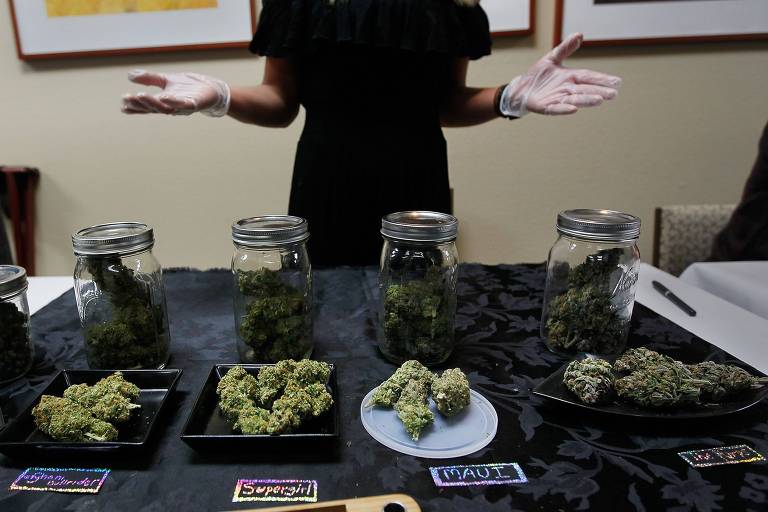Considered the most advanced center of research for medicinal cannabis in the world, Israel opens its doors in welcome of foreign doctors. The government has launched the first nonnative specialization course. If spots are filled quickly, classes are due for an early start in November, if not, in January.
“We want to transform students into new teachers so that information can exponentially spread throughout the world,” says Yuval Lanschaft, 57, director of the IMCA (Israeli Medical Cannabis Agency), a branch of the country’s Department of Health. He was a health reform architect for medical cannabis to be regularized in 2018.
According Lanschaft, “the doctors need to know the mechanism action of CBD (the therapeutically substance of Cannabis) in the body. Only with specific information, they are able to recognize patients with indication for therapy and prescribe medication.
The event consists of a five day immersion course. Each with an eight-hour class load. The first four days are to be packed with theory, and the last, touring plantations and greenhouses where cannabis is cloned. Students will be able to watch the entirety of the productive process. “We have 10 thousand cloned plants.” According to Lanschaft, the technical advantage lies in producing buds with the same concentrations of CBD.
Israel offers 20 vacancies for each country that has received an invitation. Eight nations were selected, among them, Brazil. Only doctors appointed by those nations are allowed participation. “It is a deal forged between states,” explains Lanschaft. The classes will be free of charge.
Since 2017, the Israel government has put in motion a series of efforts to generate new specialized professionals. They started with the national universities. Four of them now incorporate the class in their curriculum and have already graduated 200 professionals specifically trained to prescribe cannabis based treatments.
“Israel is out-of-the box example in the world. Medicinal Cannabis became a real state policy”, says Alan Vendrame, professor of International Relations of Ibemec. “Doctors need to be trained. In Brazil, for example, many professionals do not have time to study. If the state promotes updating, it ends up protecting the welfare of patient.
Before the Israel reform, patients got canabidiol directly from the farmer. But they bought the whole plant, and not just the CBD extract from it. The dosage of this substance is fundamental in the treatment. Now a day, 500 Israel doctors are qualified to prescribe without the IMCA authorization. The others – the untrained ones– need the endorsement of the organ.
In Brazil there is not exception. After doctors prescribe the treatment, the patient still has to ask the authorization to Anvisa (regulatory departament) to import the medicine. In Brazil, 900 doctors have already had prescribe medicinal Cannabis, according specialists. There is no state policy here.
In Israel, the research is strengthened. The School of Pharmacy of the Hebrew University of Jerusalem launched the Multidisciplinary Center on Cannabinoid Research. They hired 27 scientists and medical doctors, former students of Raphael Machoulan, 88, responsible for the biggest breakthrough in the field.
In 1964, he was the first scientist to isolate THC, the substance of the plant that has psychoactive properties (what gets people “high”). A year later, he identified CBD, the element that kindled a revolution in the medical field due to its therapeutic characteristics.
In January, approval for exportation was made official. Today, medicinal cannabis is among the items that show the most growth in the Tel Aviv Stock Exchange. In all, there are 26 listed companies, totaling US$ 952 million. Projections estimate that international drug sales could generate annual revenue of US$ 266 million.
